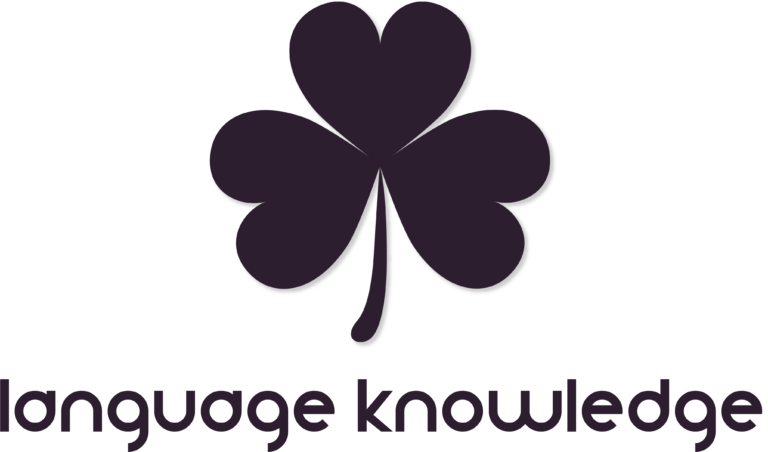What are the English prepositions?
Relationship words or English prepositions, are, as the name implies, words that describe the relationship between two objects / phrases.
I New York. (You did not understand anything yet? Likewise I!)
I go New York. (Still does not make much sense, right?!)
I go to New York. (Only now with the preposition do you understand the sentence.)
Here, a distinction is made between simple prepositions (at, by, …) and compound prepositions (next to, instead of …).[/dt_teaser]
How do I use these prepositions in English? / What types are there?
For this purpose a distinction is made in 5 main groups:
- Room (e.g., next to, …)
- Time (e.g., before, …)
- Manner (e.g., with, …)
- Purpose / Intention (e.g., for, …)
- Cause / Reason (e.g., because of, …)
However, you must keep in mind that the original meaning may change depending on the usage. That is, “in” has only its original meaning when used in the context under the room.
How to use the prepositions within an English sentence – Syntax
As a rule, prepositions always precede the Object.
I go to New York. – (Preposition Object)
English Prepositions: The exceptions:
For exceptions, the preposition is always at the end of the sentence. The following are the exceptions listed:
- For a question.
- Furthermore, with a necessary relative sentence.
- Last in an infinitive construction.
The object of prepositions in English
The usage and all your prepositions in English
Since there are many with similar prepositions, there is a particularly high likelihood of confusion. Below are the most commonly used prepositions in English that you need for school.
English Room – prepositions “at”, “in”, “on”
At one point:
For this, you mostly use “at“:
- …. at the table.
- … at school.
In a room:
For this, you are to use the preposition “in”:
- in the bedroom
- in the sky
On a surface:
For this, you are to use the preposition “on”:
- on the table
- on the right side
English time – prepositions “at”, “in”, “on”
At a precise time:
For this, you are to use the preposition “at”:
- at 11 o’clock
- at the moment
Within a period:
For this, you are to use the preposition “in”:
- in the morning
- in the 21th century
On an entire day:
For this, you are to use the preposition “on”:
- on Tuesday
- on Friday
About me
Hey, formerly I thought that learning languages was an innate one. Either you can speak English perfectly or not and no matter how much you learn – “I do not write a good grade in English anyway.” But I quickly learned that you do not know everything in your mother tongue.
After a while, I gave myself one last chance to learn English. Only this time I limited myself to the essential points.
That means for me verbs: the form – examples – signal words & the usage
This method enabled me to learn English faster than ever before.
Since then I know that learning to talk is not innate. And through that realization, my vision has become to offer other students the opportunity to learn English, just like I did back then. Now I ask you to help me by sharing this article with your friends! Thanks a lot!
You read: Preposition





